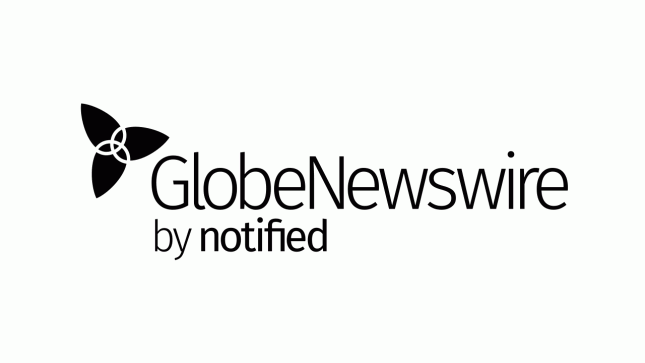Experian Health Survey Highlights Patient Access Progress and Gaps
Experian Health's 2025 State of Patient Access Survey reveals a steady patient experience with some alignment between patients and providers, but also areas of divergence. Access to healthcare is perceived as stable, with 68% of patients and 43% of providers reporting it as "about the same" since 2022. Fewer patients feel access has worsened, potentially indicating an improved overall experience. For the 16% who feel access has improved, the primary reason is the ability to see a practitioner quickly. Conversely, the main challenge for the 15% who believe access is worse remains the difficulty in securing timely appointments. Providers, however, cite patient reluctance to use digital access services as their biggest hurdle.
Digital services, like self-scheduling, face challenges despite efforts to improve patient access. While 80% of patients desire the ability to schedule appointments anytime from their devices, 37% of providers struggle with patient adoption of these digital tools, and 55% report patient uncertainty in navigating self-scheduling. Scheduling process improvements remain a priority for 71% of providers, with 54% offering self-scheduling and an additional 10% planning to implement it within six months.
Clarissa Riggins, Chief Product Officer at Experian Health, emphasizes the need for continued efforts to streamline patient access, highlighting the potential of digital tools, patient portals, and automation to modernize the healthcare experience. Providers face persistent challenges, including limited appointment slots (70%), staffing shortages (63%), and long wait times (54%).
Data collection issues also affect patient access. Approximately 22% of patients experience care delays due to insurance verification problems, and 20% encounter errors in medical records or billing information. Providers share these concerns, with 56% citing patient information errors as a primary cause of denied claims, and 48% questioning the accuracy of data collected during registration and check-in. While the use of estimates has increased from 29% in 2022 to 41% in 2025, their accuracy has declined from 78% to 71% over the same period. Despite this, 88% of providers recognize the importance of accurate estimates, and 83% prioritize faster, more comprehensive insurance verification.
Providers are adopting automation technologies like Experian Health’s Patient Access Curator, which captures real-time patient information, including eligibility verification and insurance details, at registration. Experian Health has been conducting surveys since 2020 to identify trends in healthcare, focusing on systems and strategies impacting patient access and experiences. They offer various solutions, including patient engagement tools and AI-powered products, to simplify healthcare and reduce claim denials.
Experian Health serves over 60% of U.S. hospitals and more than 7,500 medical practices with data-driven platforms and insights. The company is committed to innovation and investing in new technologies to help clients improve business decisions, financial performance, and patient relationships. Experian has 22,000 employees across 32 countries and is listed on the London Stock Exchange (EXPN).










